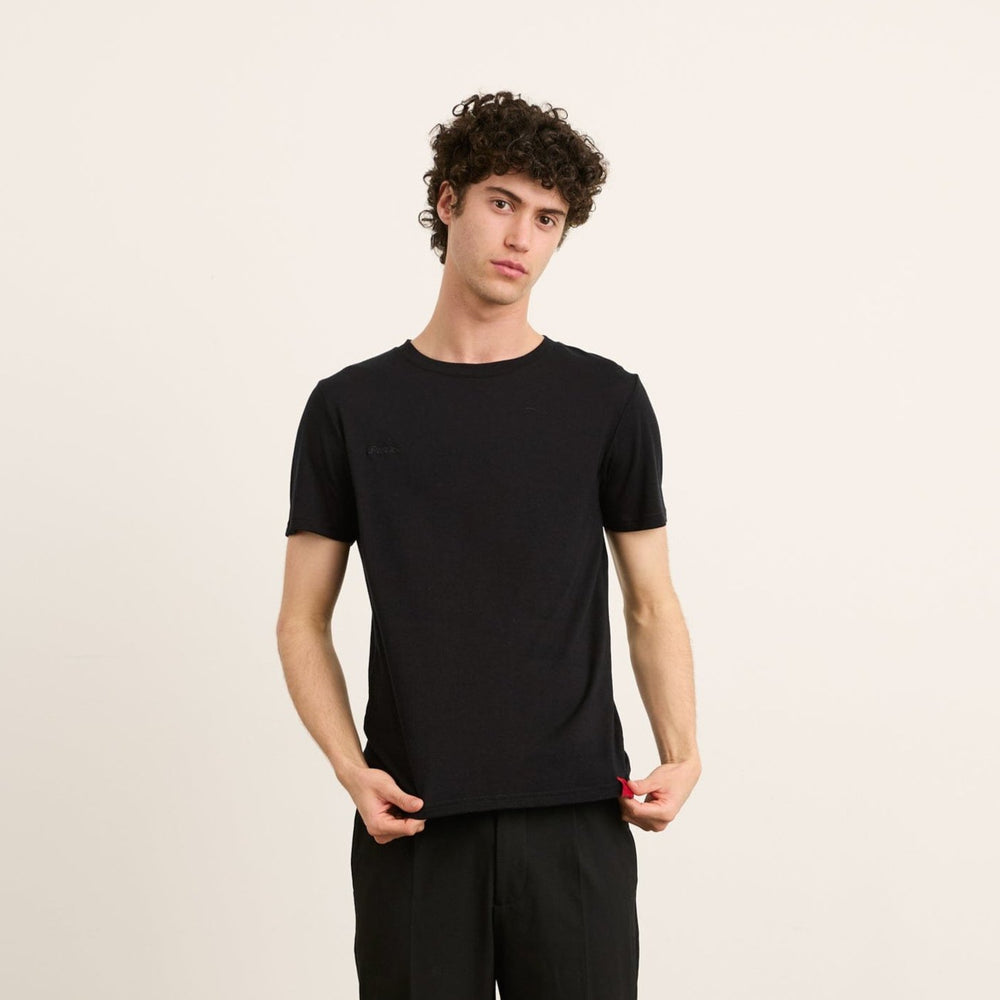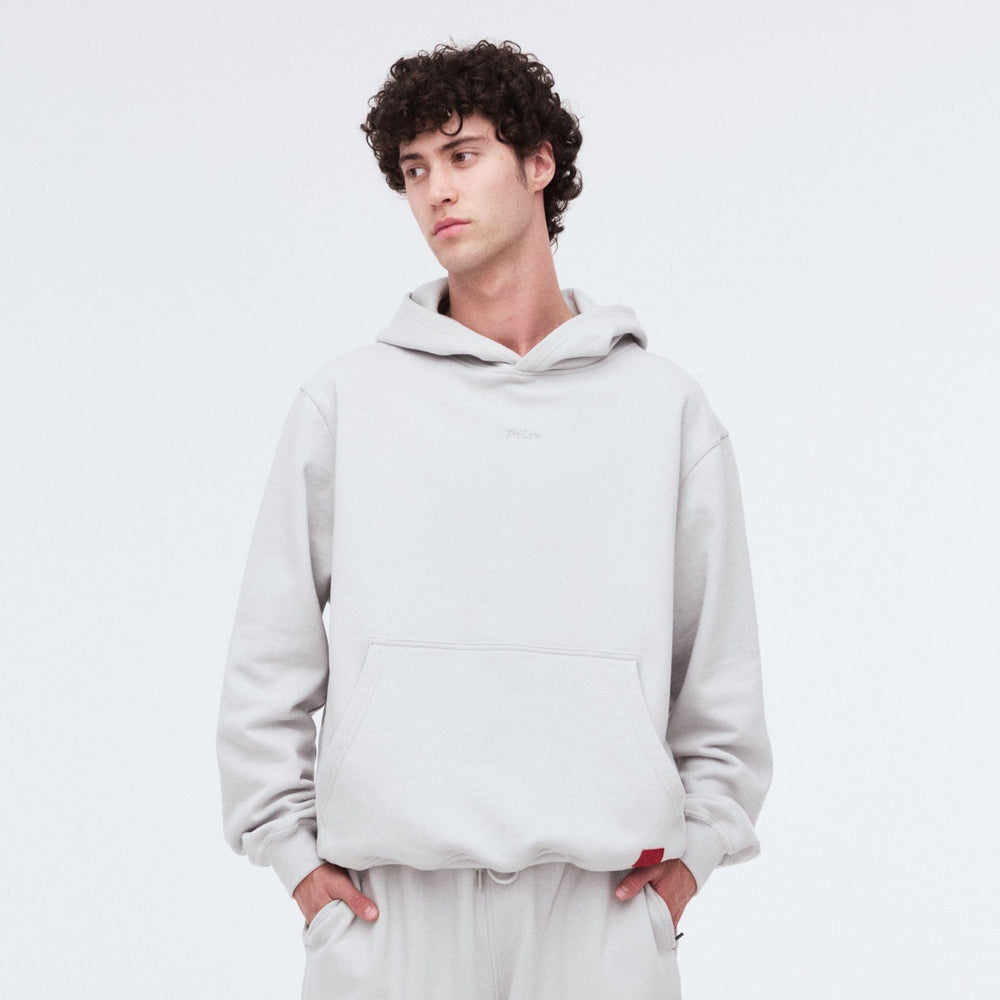Decoding sustainability buzzwords
Overwhelmed by the jargon on your clothing tag? Us too. From GOTS, to GRS, to deciphering what carbon neutral actually means, it can be tough to determine what’s the good stuff and what’s just greenwashing.
Getting to know these terms can help you to shop with more intention, and be conscious of exactly what has (or hasn’t) gone into your new garment.
Let’s break it down.

GOTS:
GOTS stands for Global Organic Textile Standard. It’s an internationally recognised standard that ensures organic fibres are produced ethically and sustainably throughout the entire production process. To become certified, products need to contain at least 70% organic fibres.
B-Corp:
Certified Corporations (B-Corps for short) are companies that meet high social and environmentally responsible practices. Companies are verified by B-Lab, a global nonprofit, and need to re-certify every three years to ensure they’re still up to scratch.
OEKO-TEX:
A globally recognised textile safety standard. They test materials at every stage of production to ensure a products are safe and sustainable for workers, consumers, and the environment.
GRS:
Refers to the Global Recycled Standard, which verifies the content of recycled material in a product. The standard covers the entire supply chain, focusing on traceability, environmental practices, social responsibility, chemical content, and even labelling.
Greenhouse gases:
Gases in the atmosphere that contribute to the ‘greenhouse’ effect - trapping heat and raising the temperature of the earth.
Carbon neutral:
Carbon neutral businesses measure their greenhouse gas emissions and balance them out by removing or offset the equivalent amount. Often, this is done by investing in projects outside their own operations (think reforestation initiatives or investing in clean energy).
Biodegradable:
Material that’s able to break down and naturally decompose once it’s been disposed of.
Carbon footprint:
Refers to the amount of greenhouse gas emissions coming from an entity. That could be an individual, a product, or a whole production cycle.
Eco-friendly:
A loose, unregulated term that describes a product, brand or practice that’s striving to reduce their impact on the earth. Although well-intended, this term often gets thrown around without sufficient evidence of brands actually doing the work.
When in doubt, do your research. Anyone can market themselves as sustainable, but not everyone has the proof to back it up. Certifications, standards and transparent codes of ethics can be useful indicators of good practice. At the end of the day, making informed choices helps hold companies accountable and brings us all closer to a truly sustainable future.



